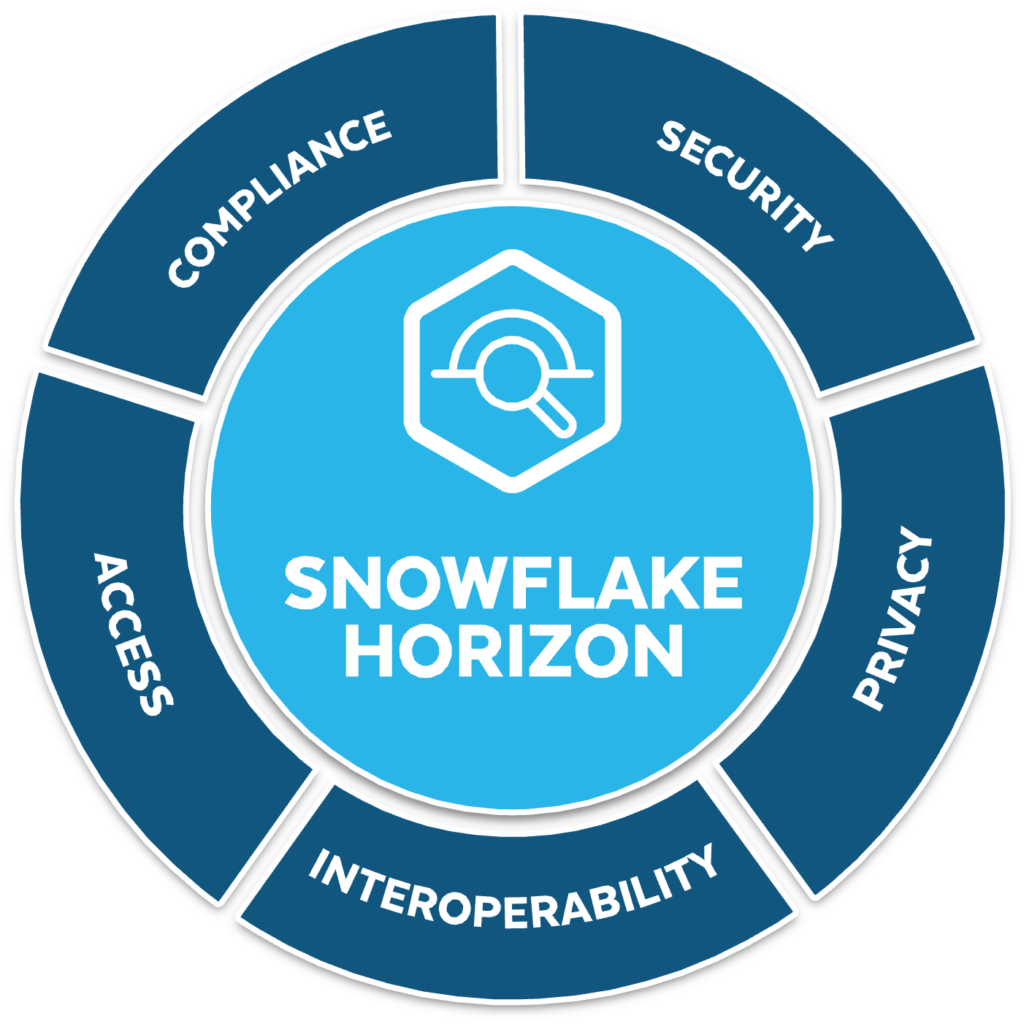Every company relies on data and data analytics to function. It allows for immediate and comprehensive judgment assistance for the company, its employees, and its clients. Consequently, organizations increasingly see the advantages of moving operations to the cloud and utilizing the cloud’s adaptability to generate innovative goods.
Cloud-centric information management solutions and platforms that can handle various kinds of data are becoming increasingly important as enterprises continue to move IT processes and programs into the cloud. This article addresses this strategic necessity.
Specifically, this article will explore:
Cloud Data Management
Cloud data management is a method of managing data throughout cloud services applications, which you can use in conjunction with or without on-premises storage space. In terms of data management, the cloud is beneficial as a level for disaster recovery, backups, and long-term preservation purposes.
Services can be acquired as needed when using cloud data management. The data may also be transferred between cloud services environments and be stored locally on a computer.
A cloud-based data management system performs the functions of a conventional data management system, with the functionality of the cloud management solution changing to fulfill the cloud’s demand.
The cloud data management services approach recognizes that data kept on-premises and in the cloud could be susceptible to entirely different standards, even though some systems can handle and use data between cloud and on-premises settings.
Regulations control the authenticity, and data security kept in the cloud. Traditional data management approaches may not be applicable in the cloud, making it essential to have a management system in place that gets tailored to the cloud’s particular criteria.
To learn more about managing data in the cloud: Data Management Guide
Cloud-Based Data Management vs. On-Premises Data Management
Even though more businesses are implementing cloud-based data management techniques, it is still vital to investigate other options, notably on-premise data management, to determine the most effective.
When using an on-premises database system, an organization is responsible for purchasing, installing, and maintaining all equipment and software. Here are some advantages of on-premise data management.
Control
With the on-prem implementation, the organization has full authority over the equipment and software used, where it gets located, and who has accessibility to it. A variety of hardware options are available, including standard storage devices that often get used for other purposes, as well as custom-built systems. When an error appears, an IT team has access to the computer and every level of programs to expedite debugging and restore service.
Speed and Elasticity
Even though some sources of information may be off-site and only available via the internet, keeping all equipment and functions on-site relieves worries about network congestion. However, other variables may have a greater effect on performance than network congestion. The speed is particularly important if the on-premises system is not scaled effectively.
Governance
When employing an on-premises database system, data protection, data governance, and regulatory compliance are frequently more straightforward to attain. Many firms find it difficult to comply with the General Data Protection Regulation or GDPR regarding detecting the location of personal data.
With on-premises data warehouses, businesses have complete control over storing the data.
Cloud data warehouses use virtual data storage where the customer usually does not have access to the physical equipment. It is operated in a software as a service model, or sometimes in a platform as a service model. An organization must pay for the data storage and computing power required at any given time. Additional cloud resources is all that is needed to increase capacity. Hence, there is no need to hire other staff to implement or manage the system because the cloud service provider does such activities.
Cloud data warehouses offer the same advantages that have prompted organizations to leave their other operations to the cloud. Moreover, cloud-based data management has the following benefits:
- Scalability – Capacity is not a concern with a cloud data warehouse. Thus, data may run easily during high and off-peak periods.
- Cost – No physical servers get needed with a cloud database system. Organizations pay for the storage capacity bandwidth that they require.
- Security – When it comes to cloud migration, data security gets stated frequently as a risk, but it also gets highlighted as a perk. Cloud service providers invest a lot of effort into hardware and software security. With accreditation such as ISO 27001 and SOC 2, cloud service providers effectively ensure the strictest data security measures. A cloud data warehouse is more likely to improve an organization’s overall security.
Components of Cloud Data Management
The five fundamental units needed to manage the cloud are automation and coordination, security, cost mitigation, performance analysis, data analytics, and compliance.
- Automation and Coordination: Application Transfer, VM Images/Instances, and Configuration
- Security: IAM, Encryption, and Malware Detection
- Cost Mitigation: Right-Sizing Cloud Instances, User Refunds, and Accounting
- Performance Analysis: Storage, Systems, Programs
- Compliance: Risk Evaluation Assessments, Audits, Operation and Resource Management
Cloud Data Management Best Practices
Cloud data management differs from cloud storage, even though cloud storage is a prerequisite for cloud data management. Data integrity, access to data, data analytics, and data development are more important aspects of cloud data management services.
Define Goals
It is hard to develop a cloud data management strategy that is well-tailored to the organization’s specific requirements without defined objectives.
Decide What Must be Moved
There may be advantages to keeping specific data types on-premises. For instance, a latency-sensitive system will almost certainly require data to get kept close to the application.
Data Protection Automation
Several cloud providers protect the information automatically; however, if the provider’s data security policies do not meet the organization’s SLAs, they will need to develop their automated information security policies.
Conclusion
A correct allocation of staff and adequate care get required for efficient cloud administration. There are a variety of security risks in cloud services. Still, a well-tailored cloud data management strategy plan may help a business respond to supply chain interruptions before they become a major issue.
Satori helps manage cloud-based data with an automatically generated data inventory, discovery of sensitive data without scanning, and offering data consumers with a self-service data portal.
To read more about Satori:



